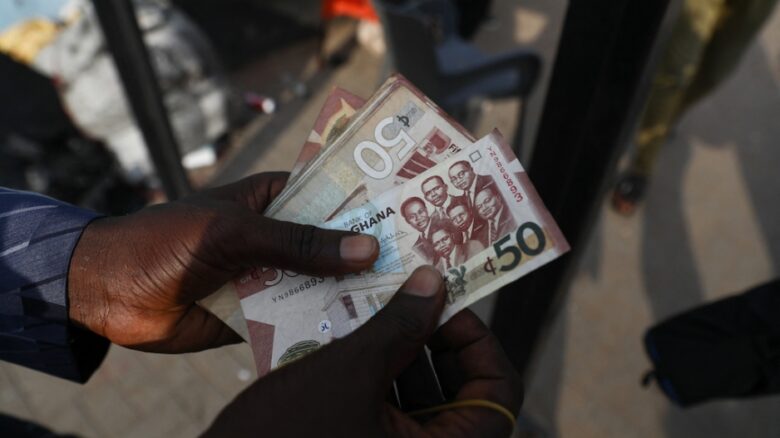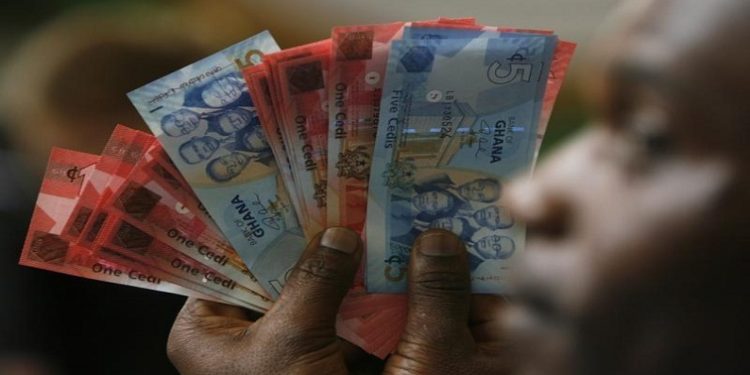Crisis-stricken Ghana suspended payments on most of its external debt on December 19, effectively defaulting on its obligations.
It announced that it would not repay most bilateral loans.

Ghana’s Ministry of Finance announced that it will not repay Eurobonds, commercial loans, and most bilateral borrowings as a “temporary emergency measure. It added that it is “prepared to enter into consultations with all external creditors to ensure the sustainability of Ghana’s debt.”
Ghana last week reached a working-level agreement to receive a $3 billion loan from the International Monetary Fund (IMF). While it has already announced a restructuring program with respect to its domestic debt, the IMF has conditioned its support on a comprehensive debt restructuring.
Since several rating agencies downgraded Ghana’s credit rating earlier this year, the country has struggled to refinance, with public debt as of September at 467.4 billion cedis (equivalent to $5.5 billion based on Refiniti’s icon), of which 42% is domestic debt.
The balance of payments in September was a deficit of just over $3.4 billion, down from a surplus of $1.6 billion in the same month a year earlier.
Currently, 70-100% of revenue is used for debt repayment, and the domestic inflation rate jumped to a high of 50% in November.


コメント